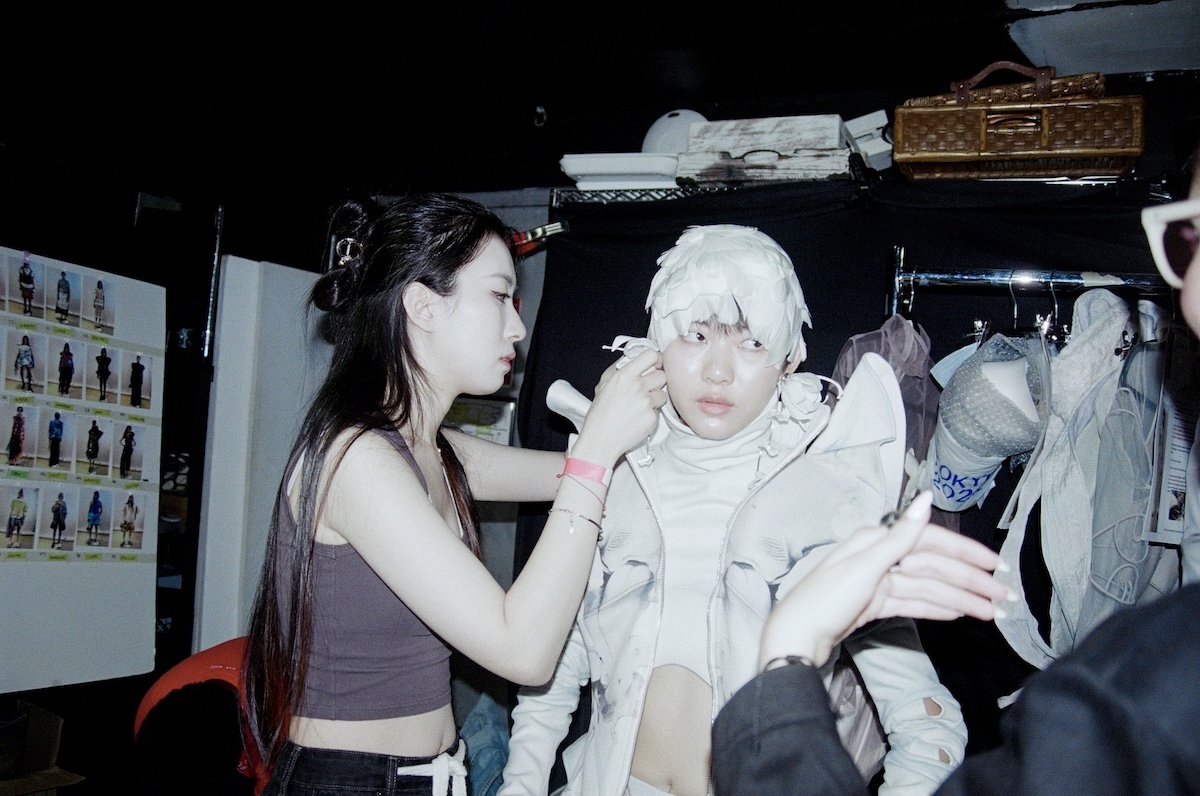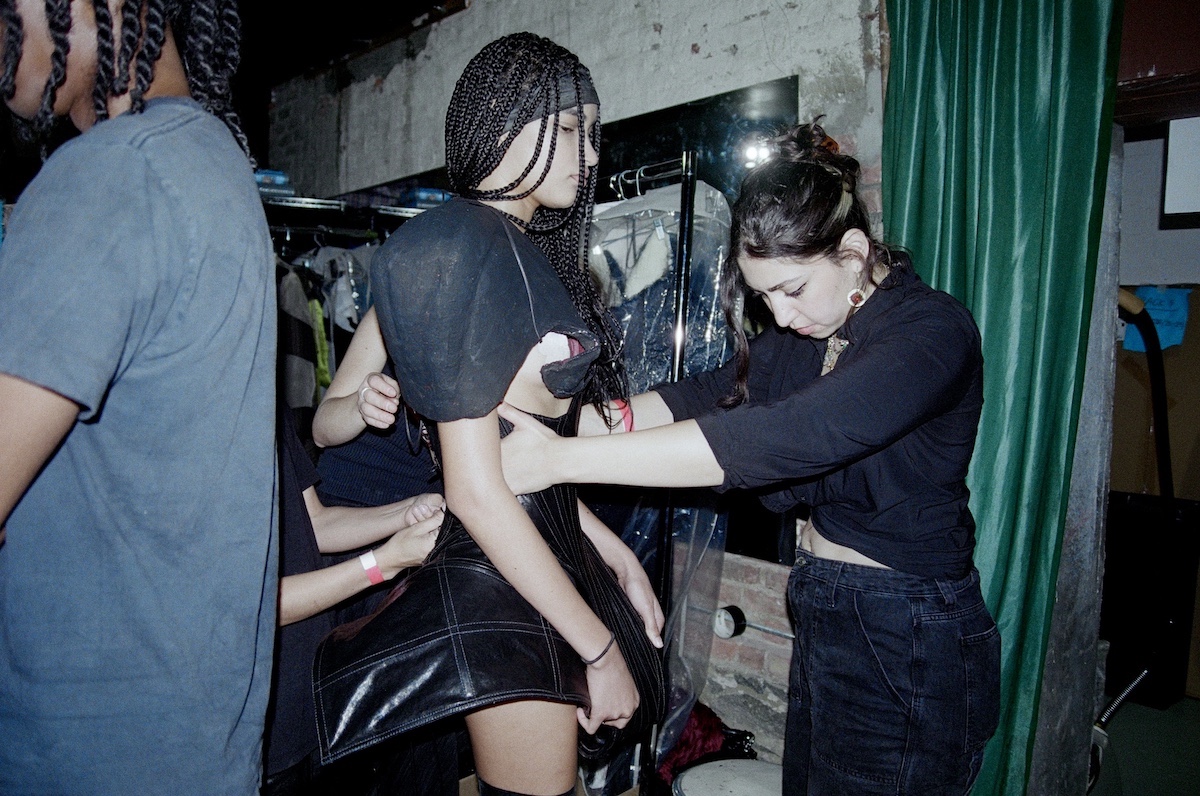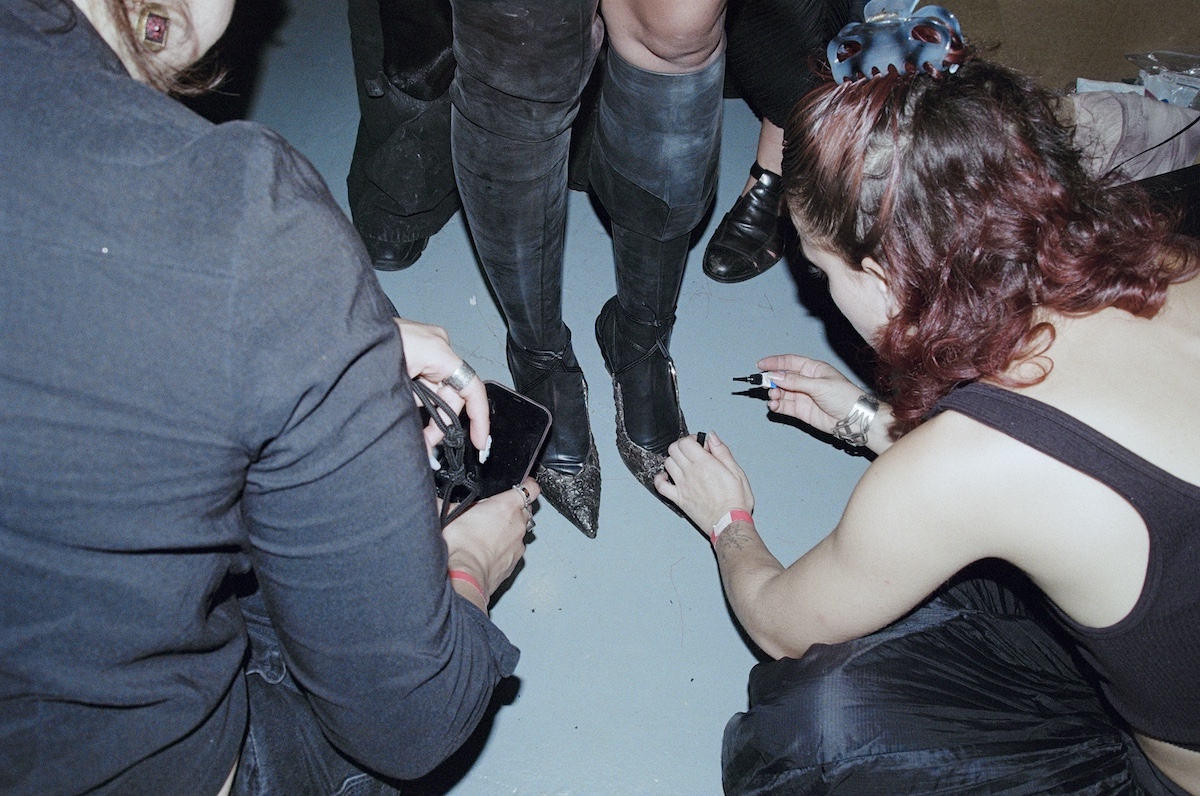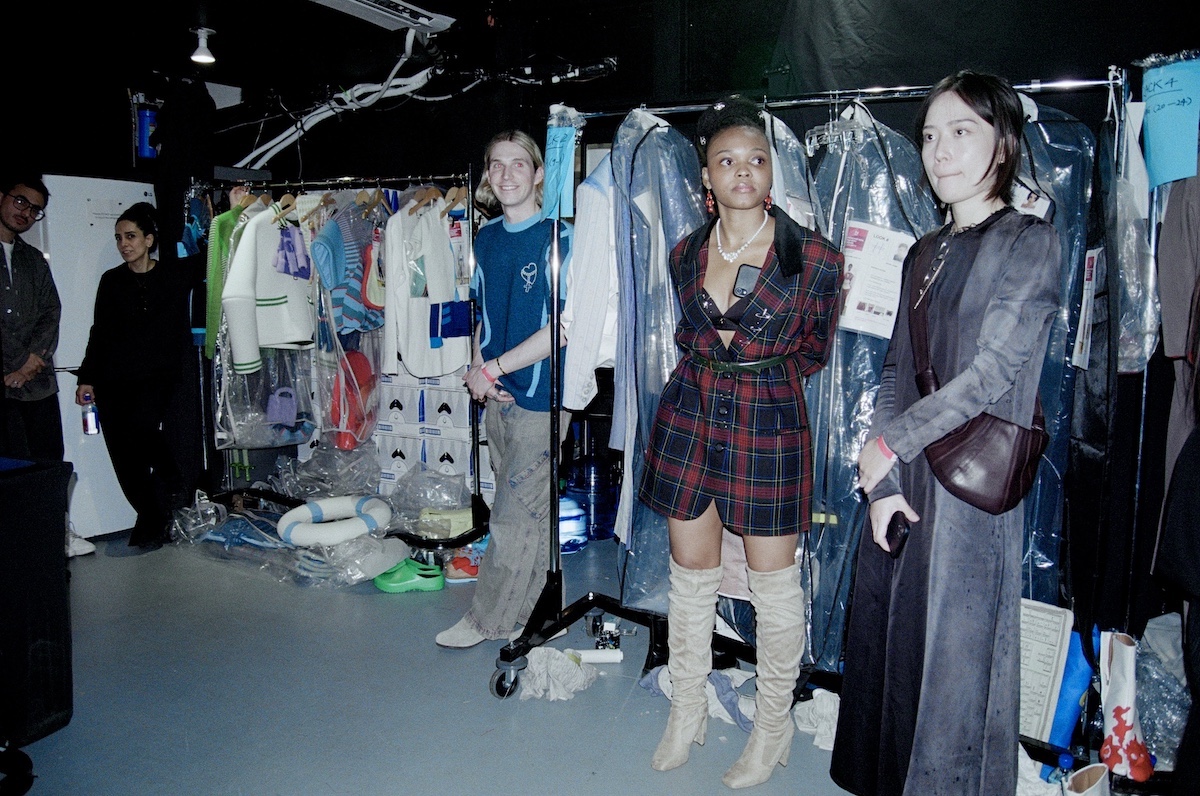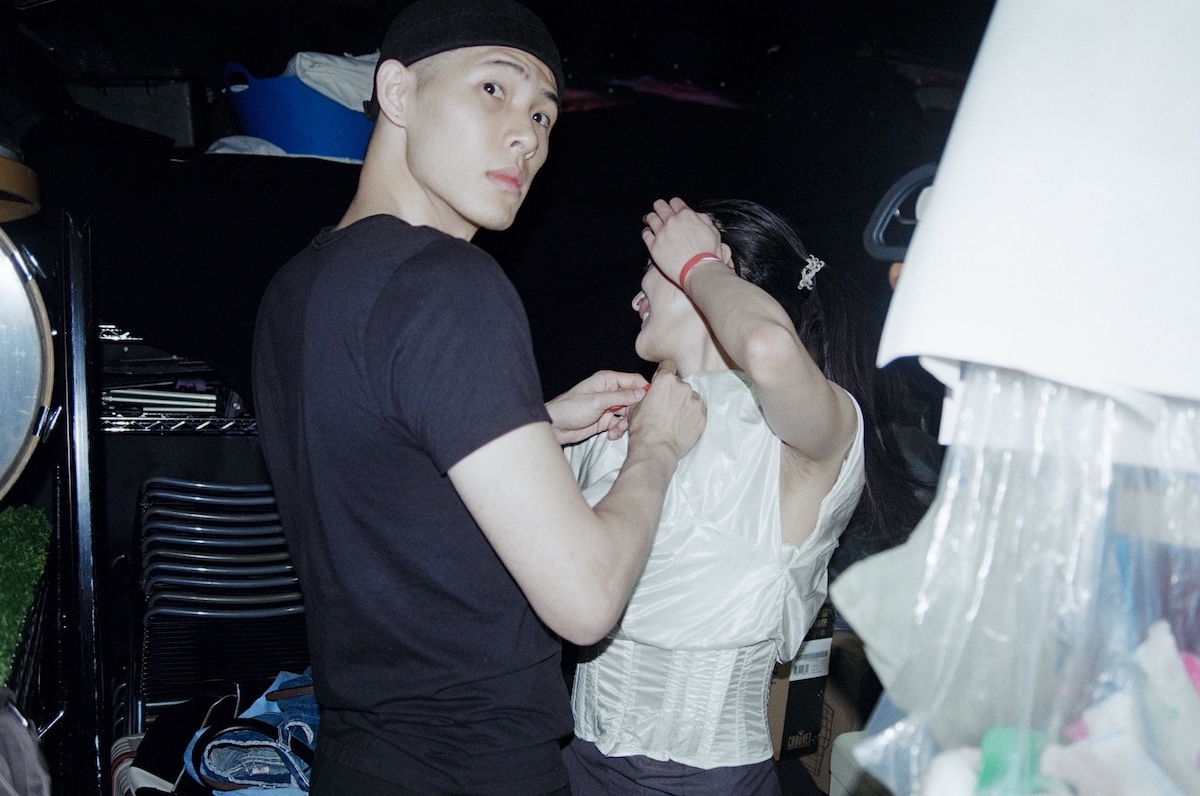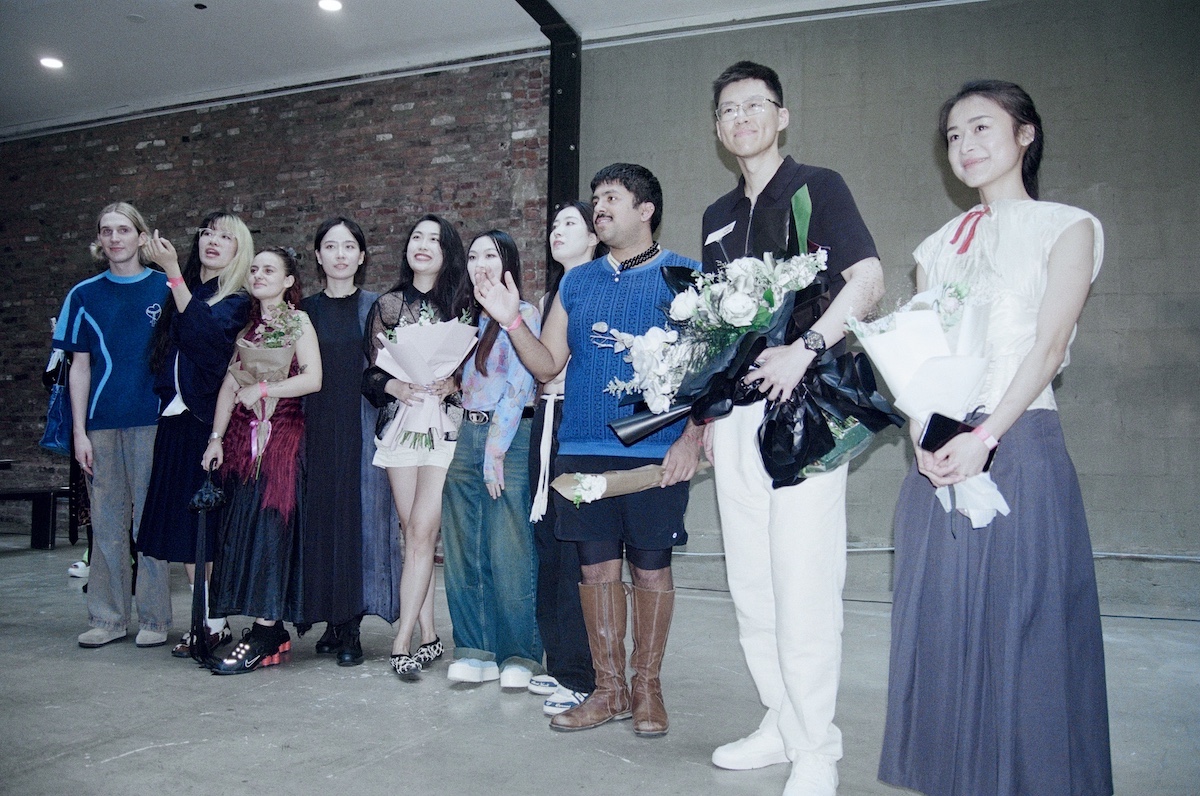Michiko Koshino S/S ‘20
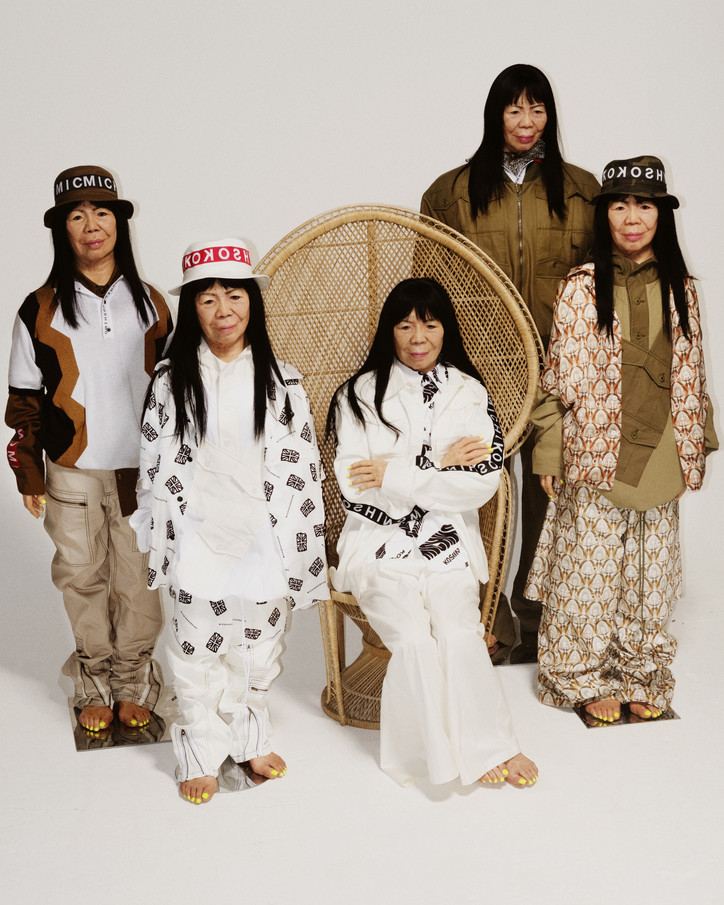
Fusing qualities of both women's wear and menswear (without either existing androgynously) Michiko Koshino remains contemporary, cool, and conscious. Check out the collection below.
Stay informed on our latest news!

Fusing qualities of both women's wear and menswear (without either existing androgynously) Michiko Koshino remains contemporary, cool, and conscious. Check out the collection below.
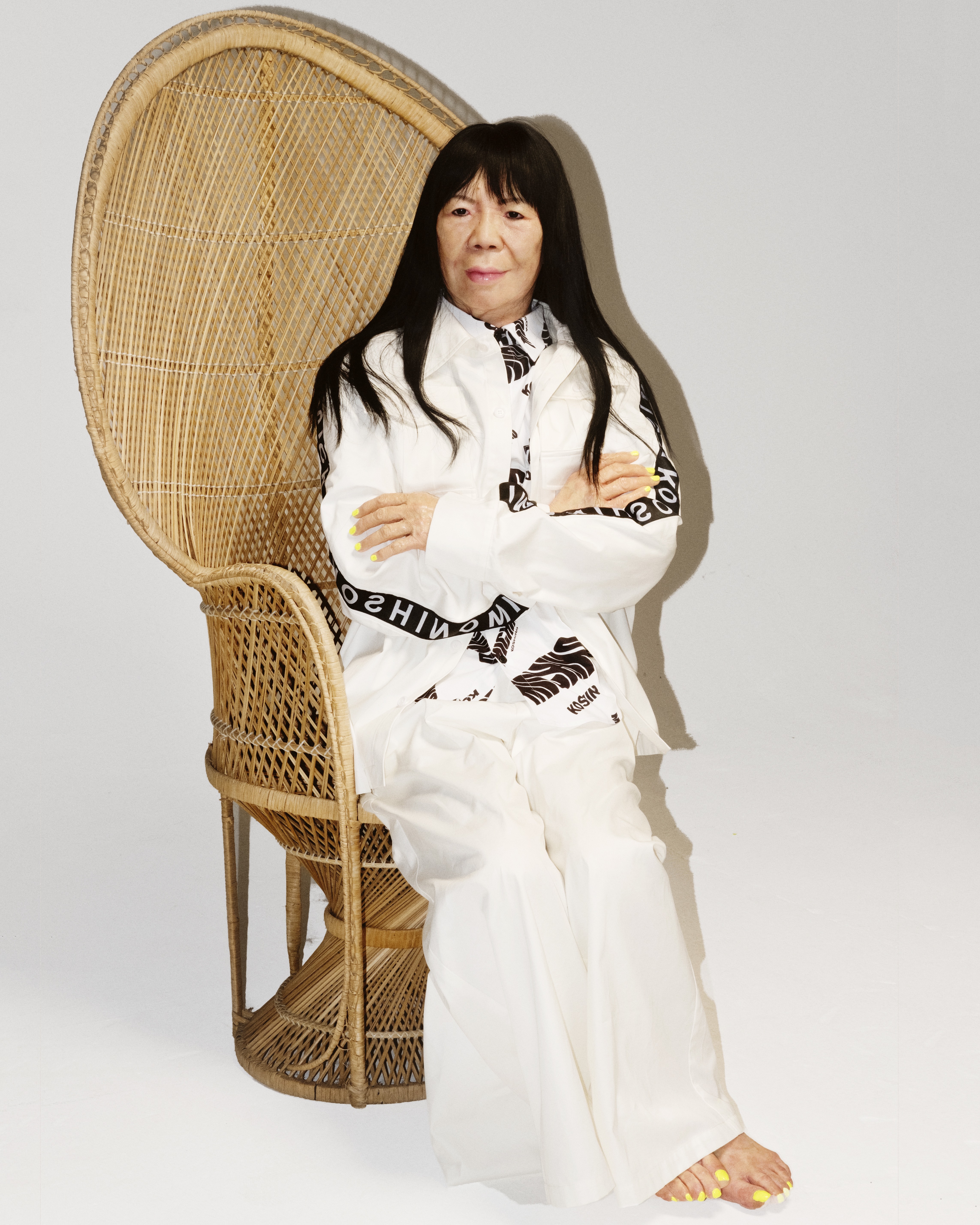
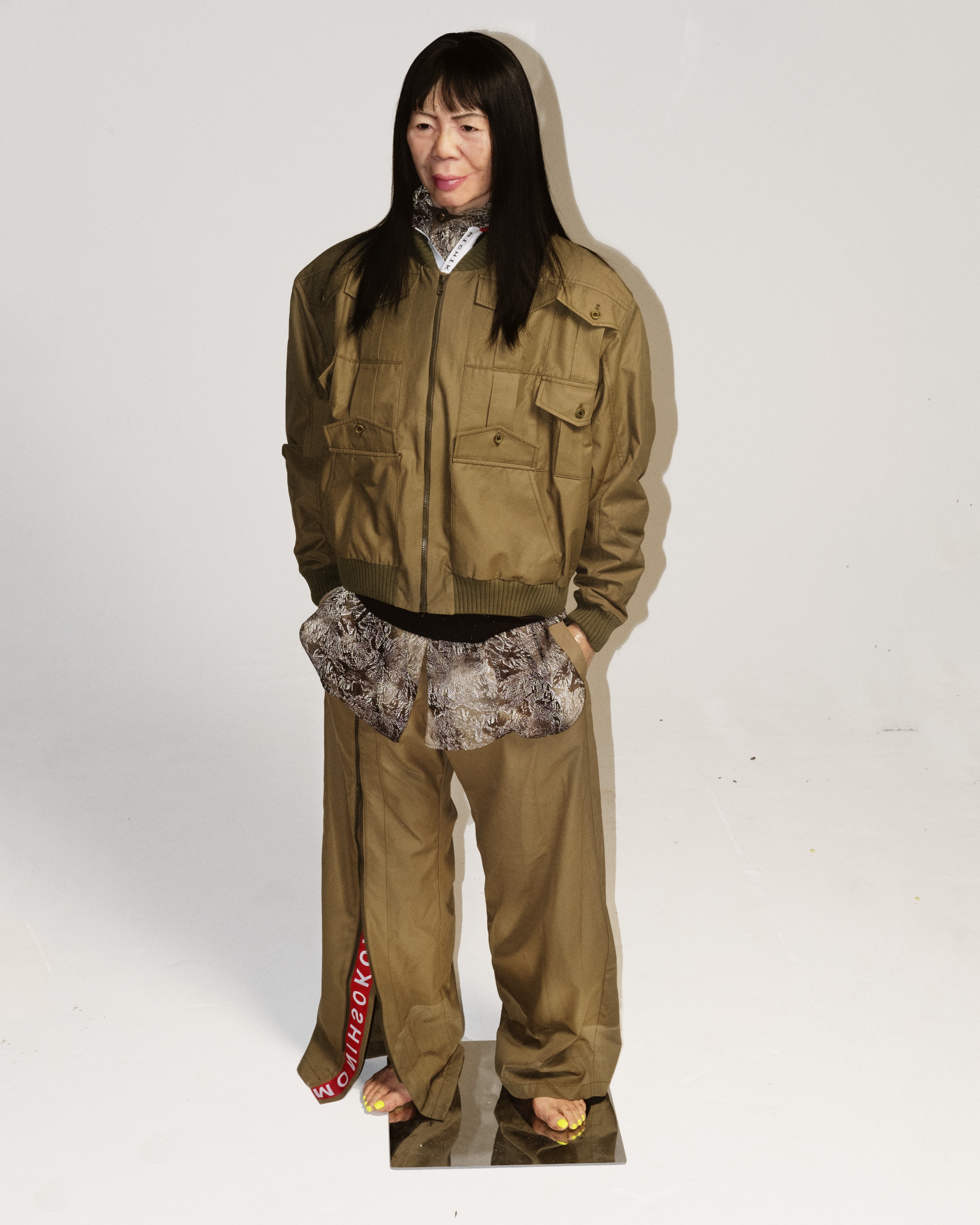
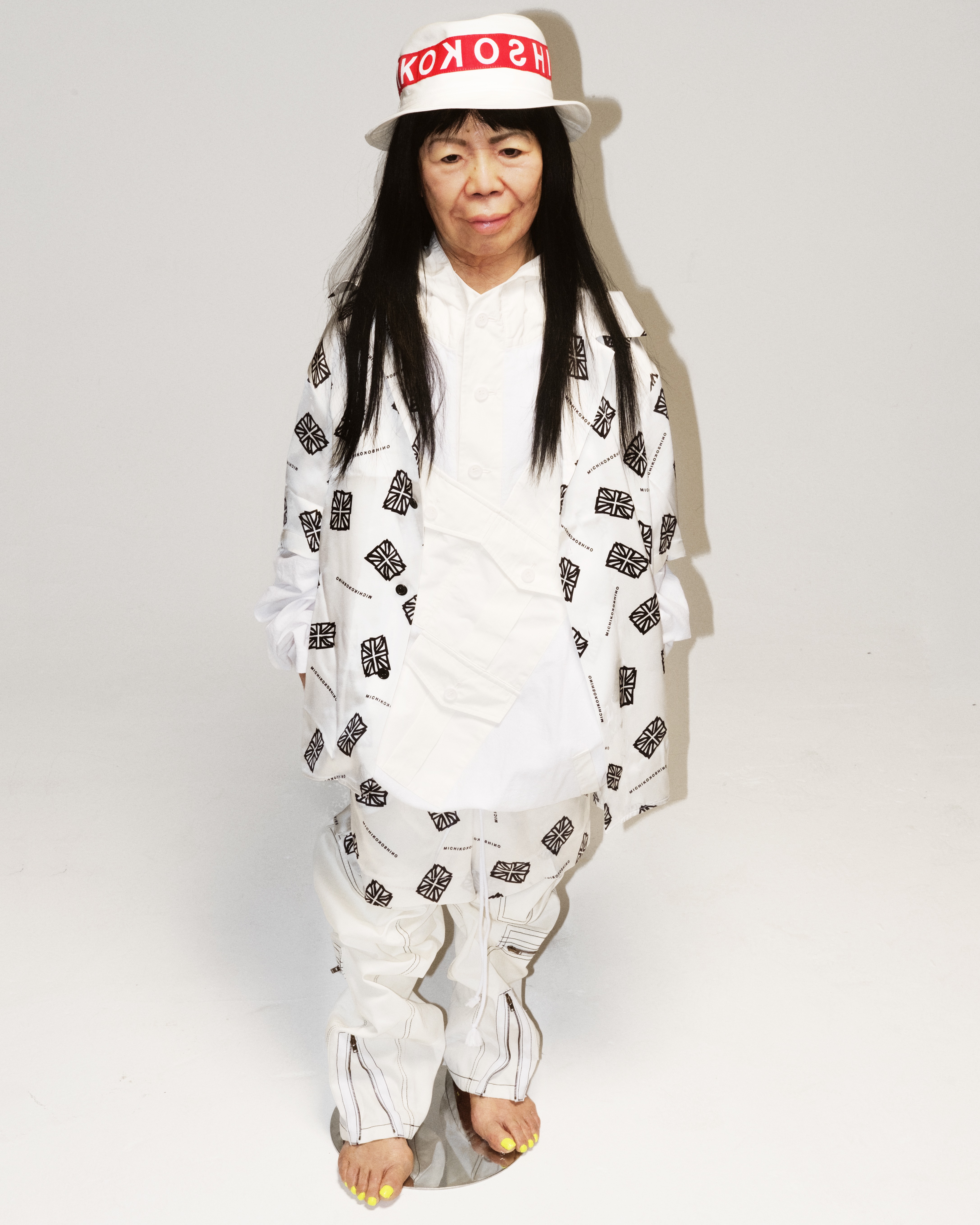
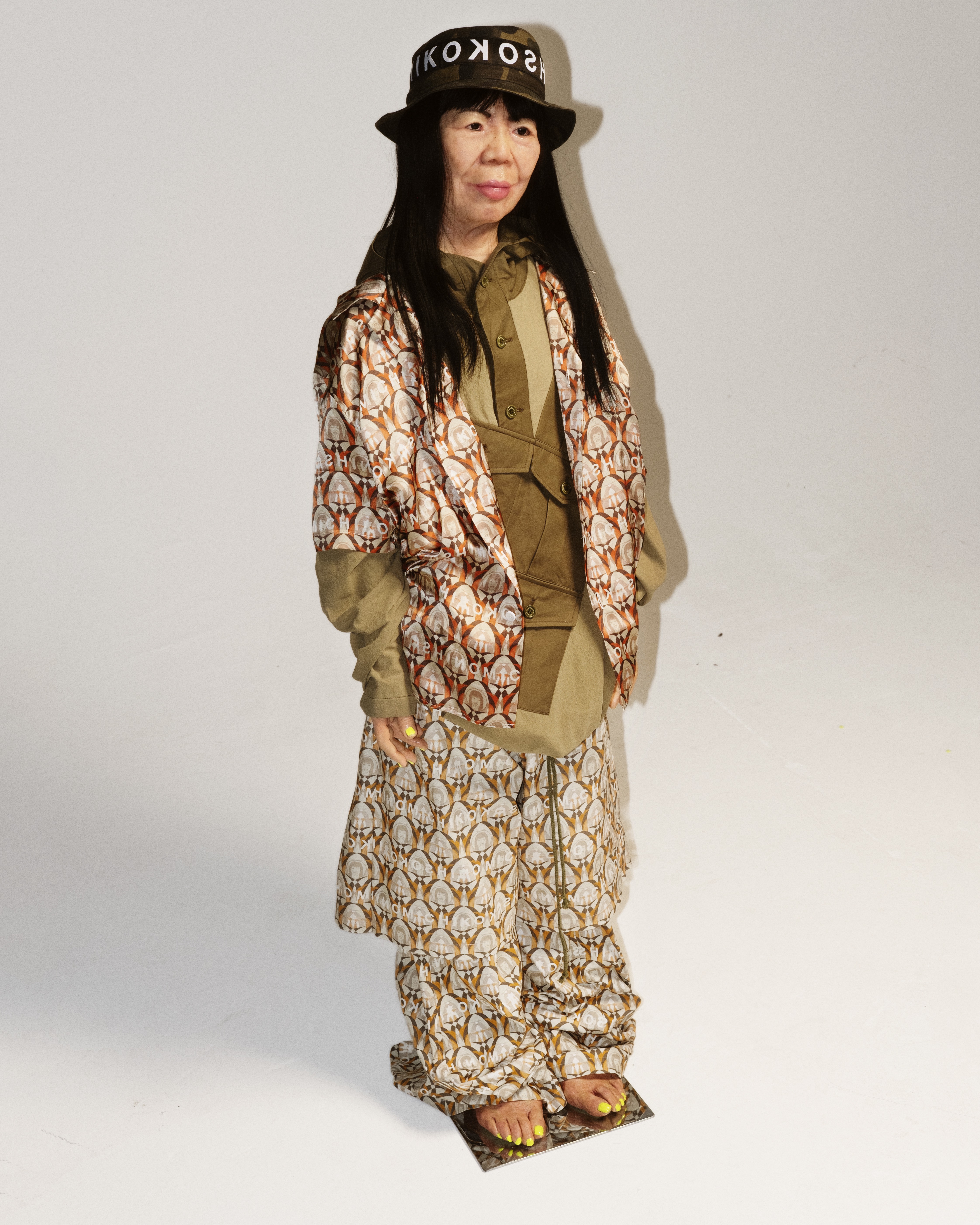
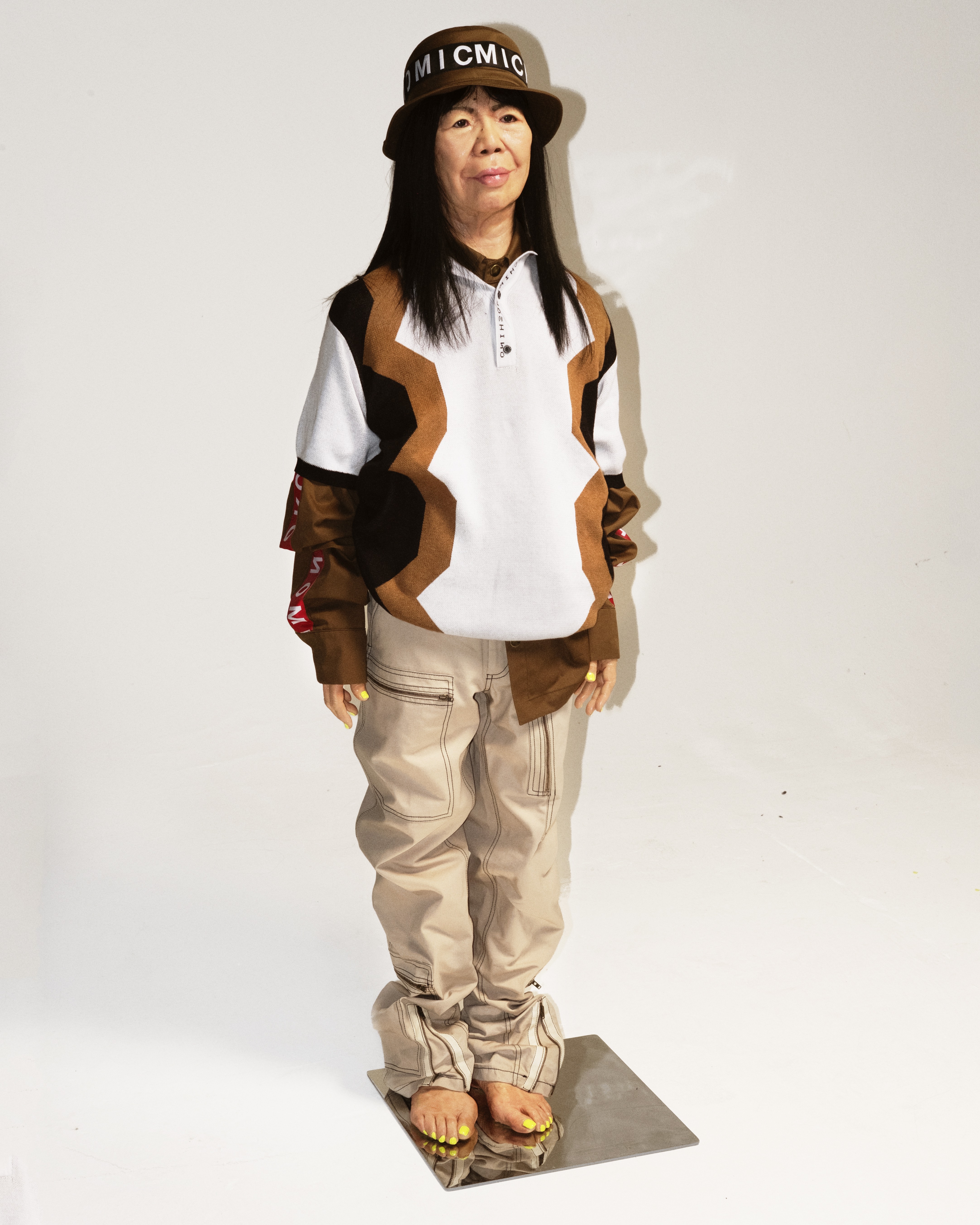

The store - located at the prime corner of Prince and Lafayette - is meticulously designed by renowned Swedish design studio Halleroed, which has crafted several of the brand’s European locations. The SoHo flagship reflects a flawless blend of Scandinavian minimalism and functional elegance. Marble surfaces, floor-to-ceiling windows, and thoughtfully placed spotlights inspired by art galleries create a serene, airy atmosphere.
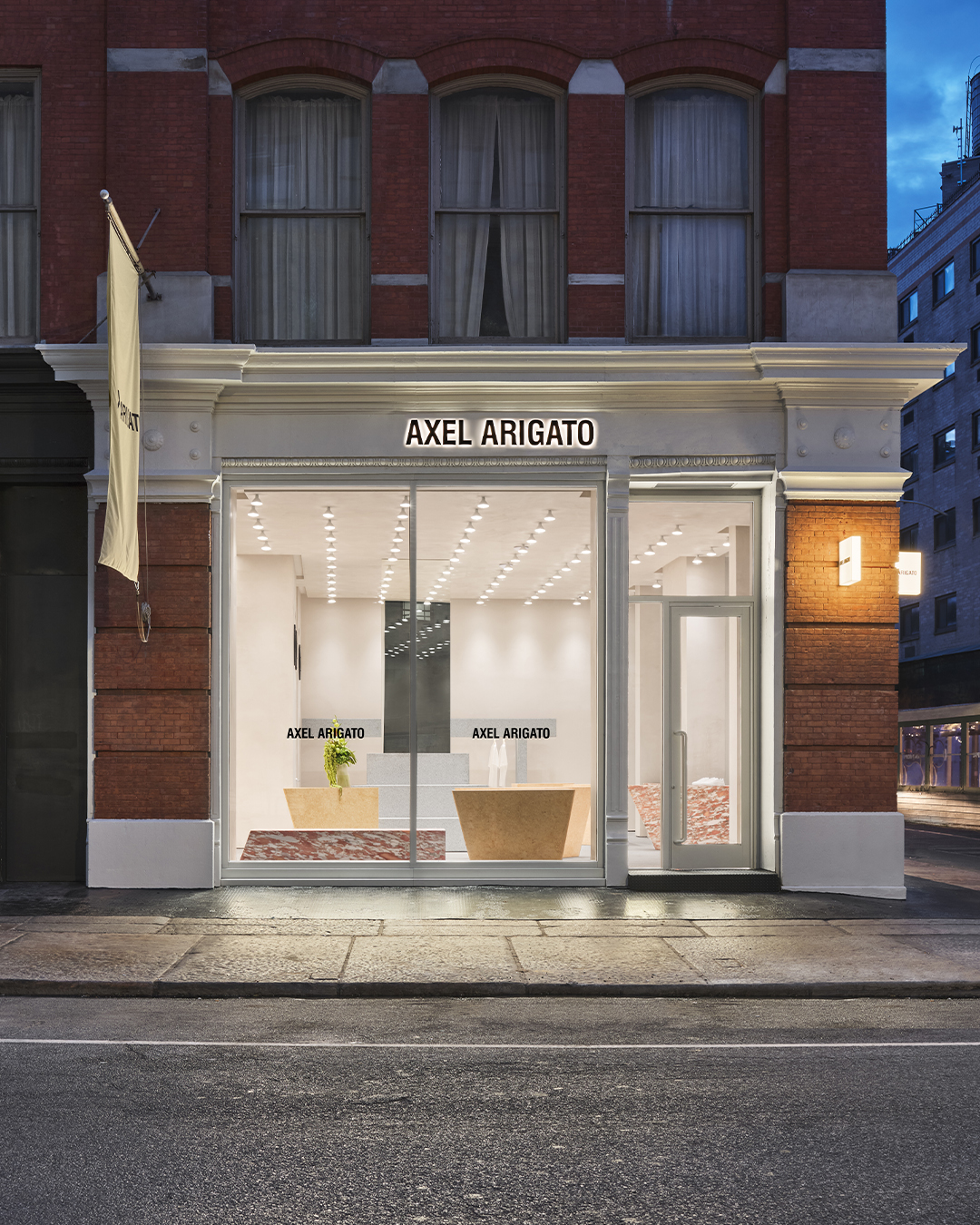
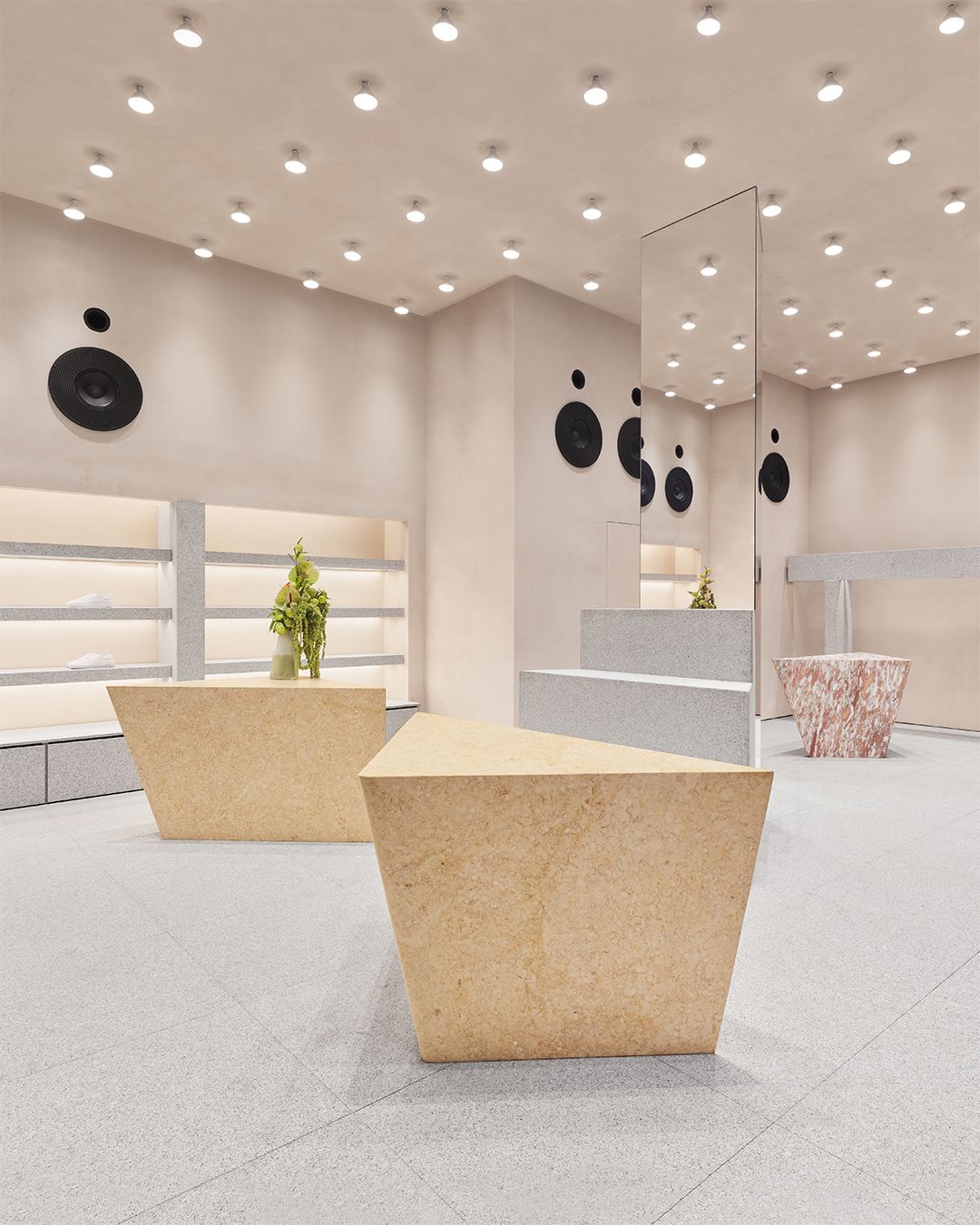
The excitement around the store’s debut extended beyond the SoHo space. Axel Arigato celebrated its U.S. launch with an unforgettable rooftop party in Brooklyn at 53 Scott, a venue known for its brutalist architecture and breathtaking views of the New York City skyline. The highlight of the evening was a two-hour DJ set by actor and designer Luka Sabbat, who kept the crowd dancing with an eclectic mix of tracks. To add to the night’s energy, Sabbat’s friend Zack Bia made a surprise appearance for a special performance.
The lineup also included performences by the lively DJ collective Las Flaquitas and music producer Kitty Ca$h, who delivered an electric mix of hip hop and R&B tunes. Guests indulged in signature cocktails from Lalo Tequila and Ten To One Rum, all while enjoying panoramic city views from the rooftop terrace.
This celebration was just the beginning of a series of events planned to commemorate the brand's SoHo store opening. Fans can stay tuned to Axel Arigato’s social media channels for upcoming events and activations throughout September.
Axel Arigato’s U.S. expansion is a testament to the brand’s growing global influence, offering American consumers a fresh opportunity to connect with its modern, minimalist designs and dynamic community-driven experiences.
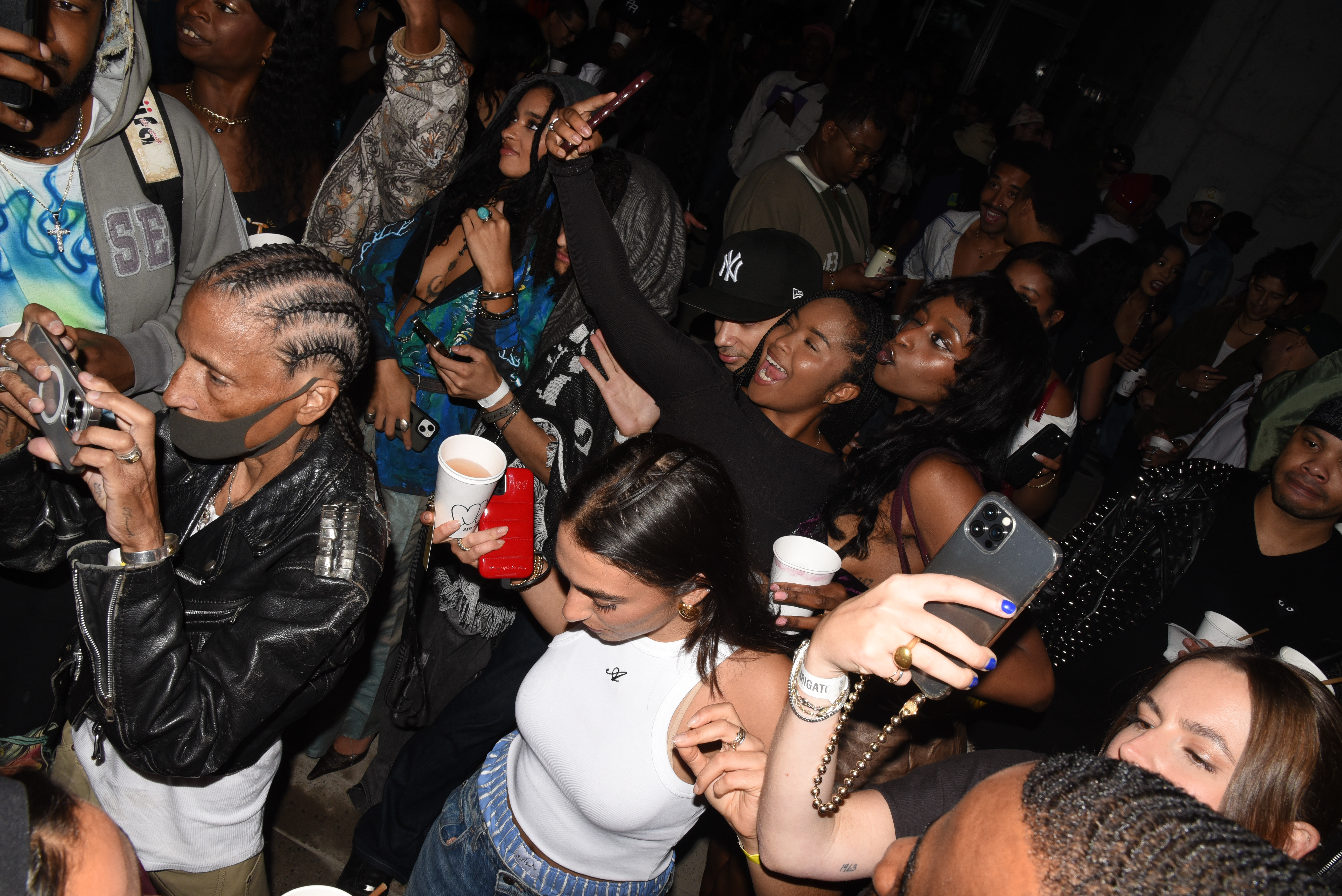

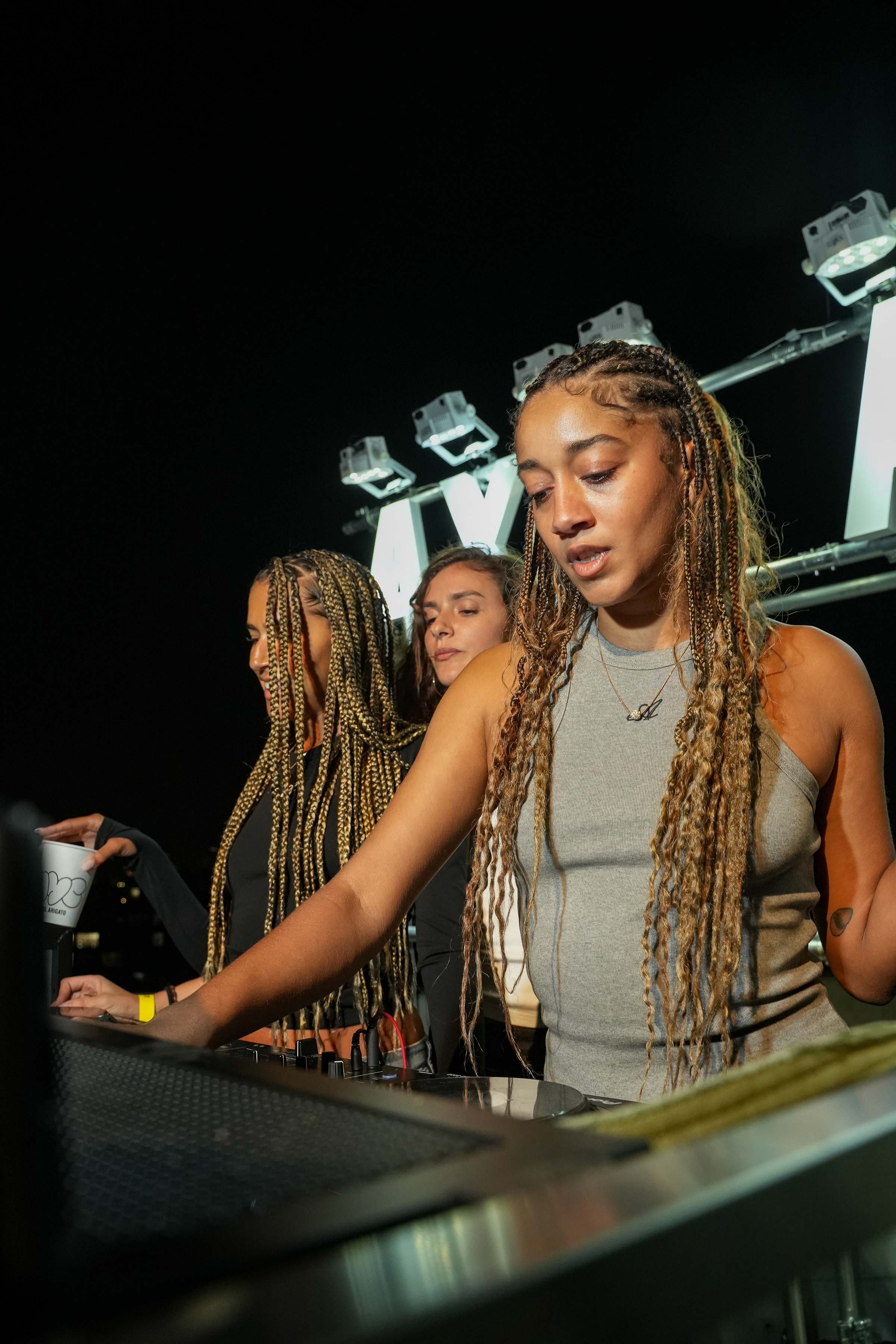
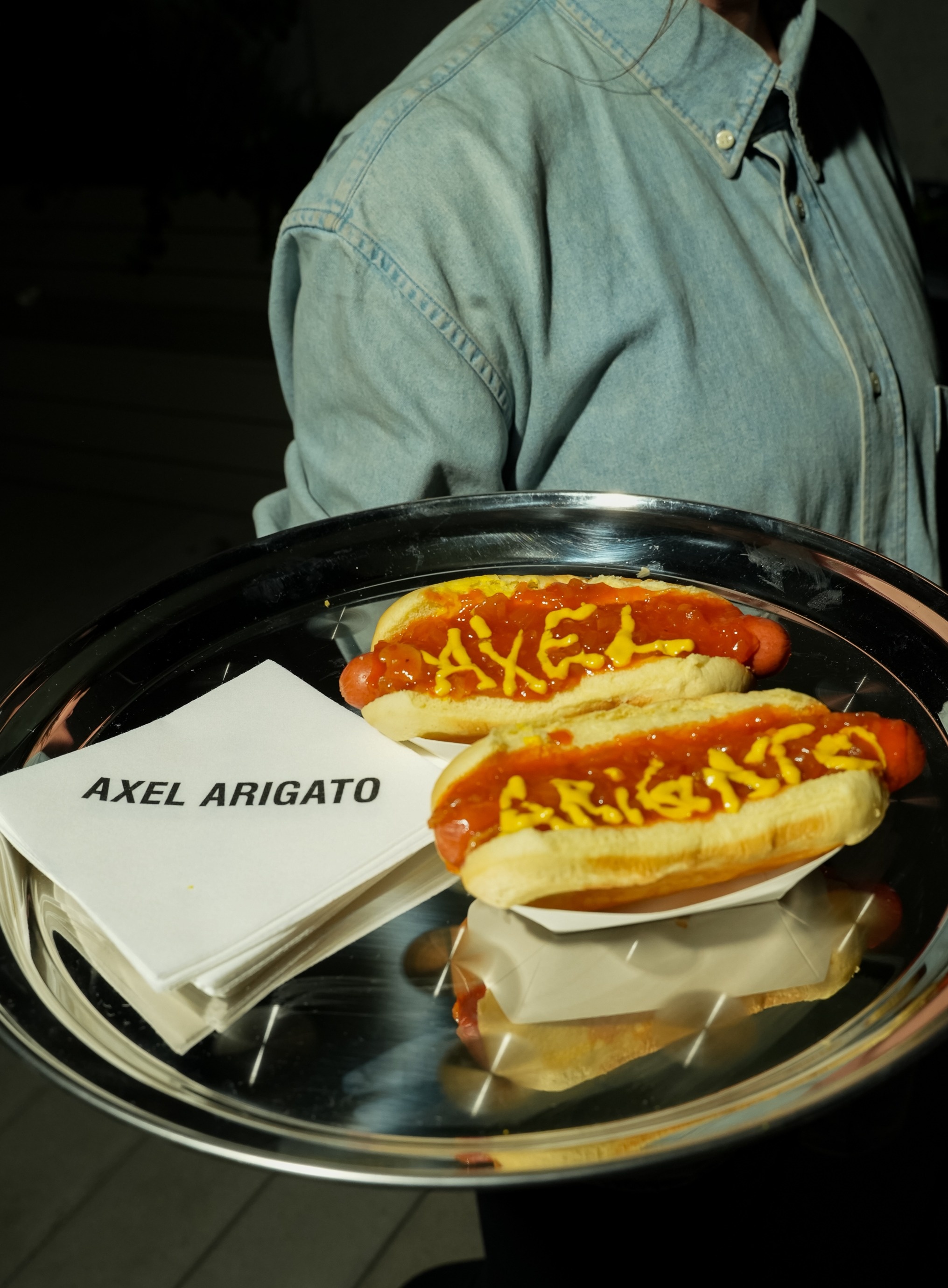

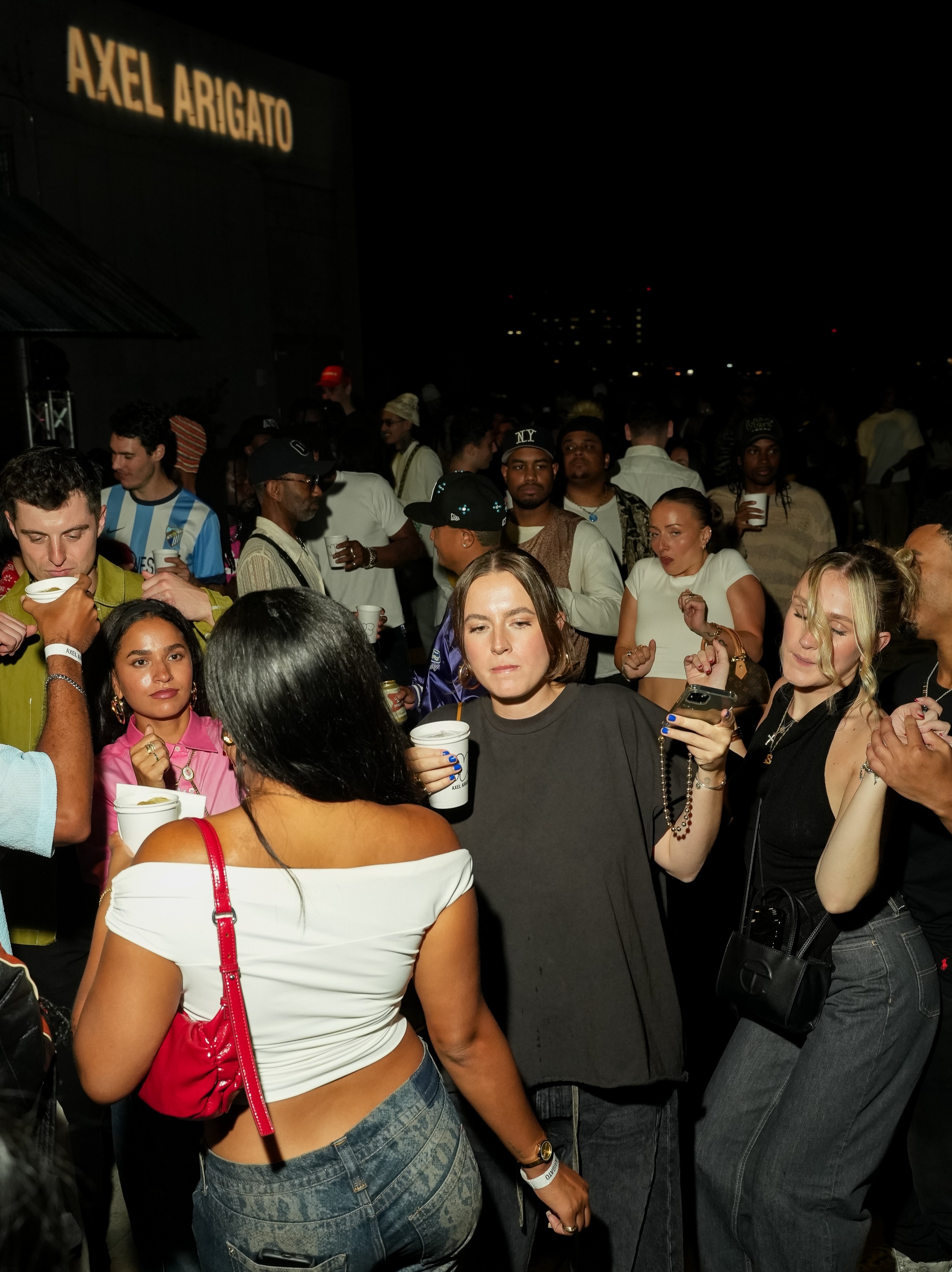

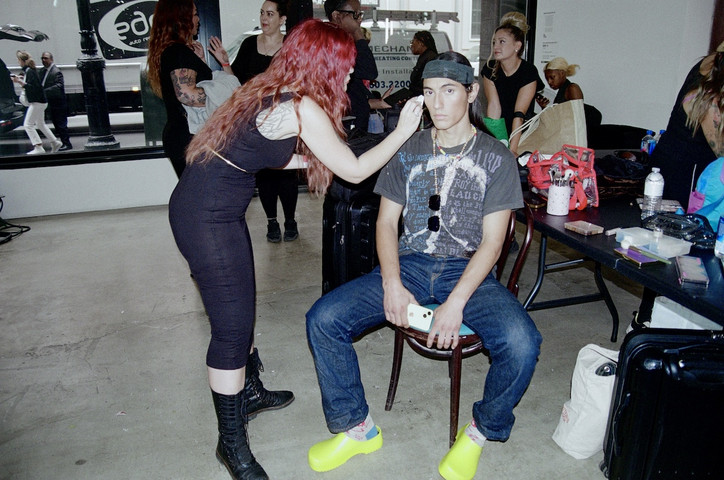
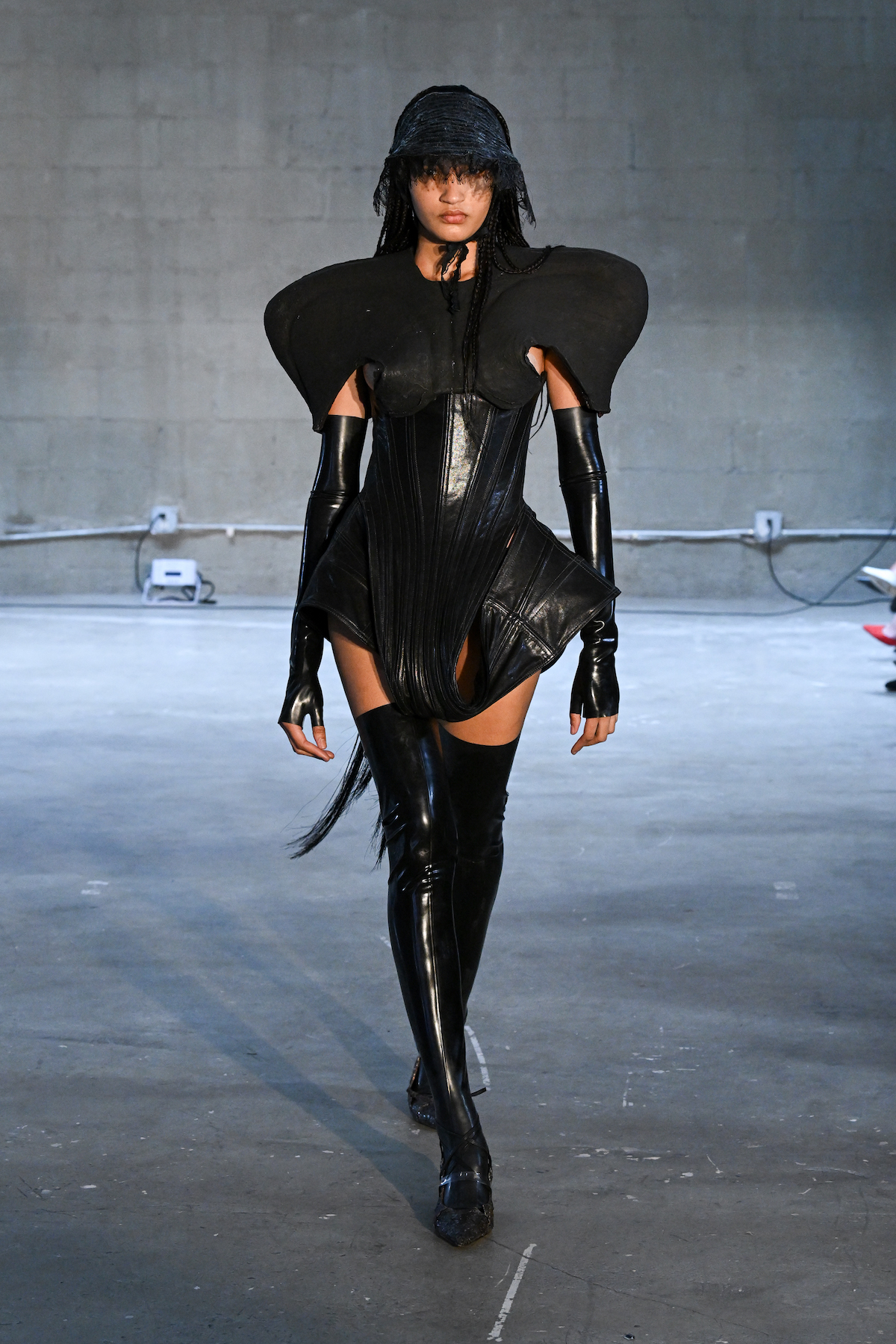
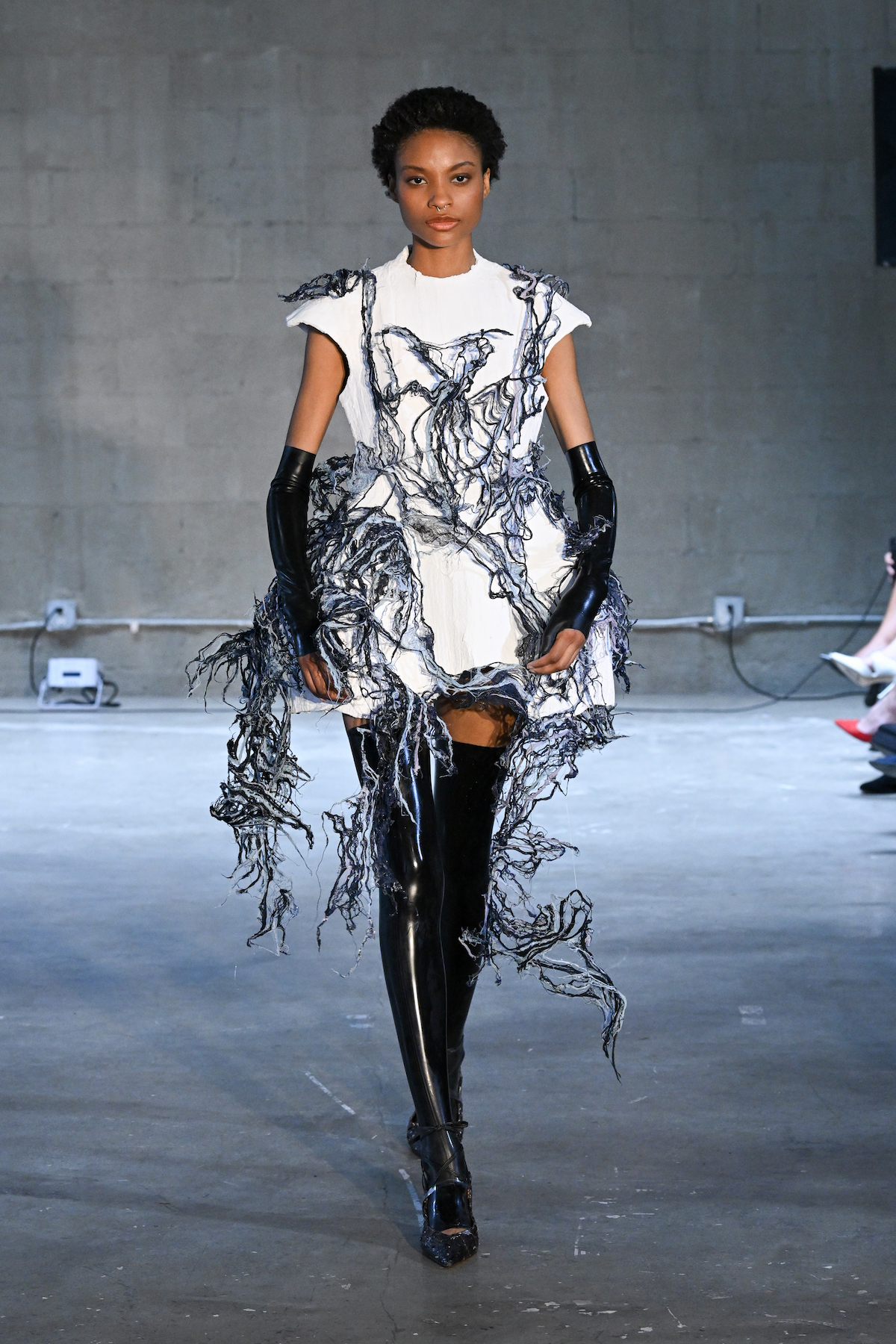
Margarida Feijão
Margarida Feijão’s collection is part of a continuous body of work within her creative practice. Drawing from her experiences growing up in a small town in southern Portugal, Feijão witnessed the oppression faced by the women who raised her. This inspired her to tell their stories—stories of her own past, traumas, and the enduring effects of patriarchy, which continues to impose new sets of rules on each generation. While the challenges she faces differ from those of her ancestors, new obstacles still arise.
Feijão, who was taught to meet certain societal expectations to be recognized as a woman, struggled with being born without hair. This personal experience is reflected in her designs, which mimic the textures of hair. The designer’s goal is to empower women. As she put it, “If you feel self-conscious about it, you wear this piece, and you’ll feel fucking amazing.”
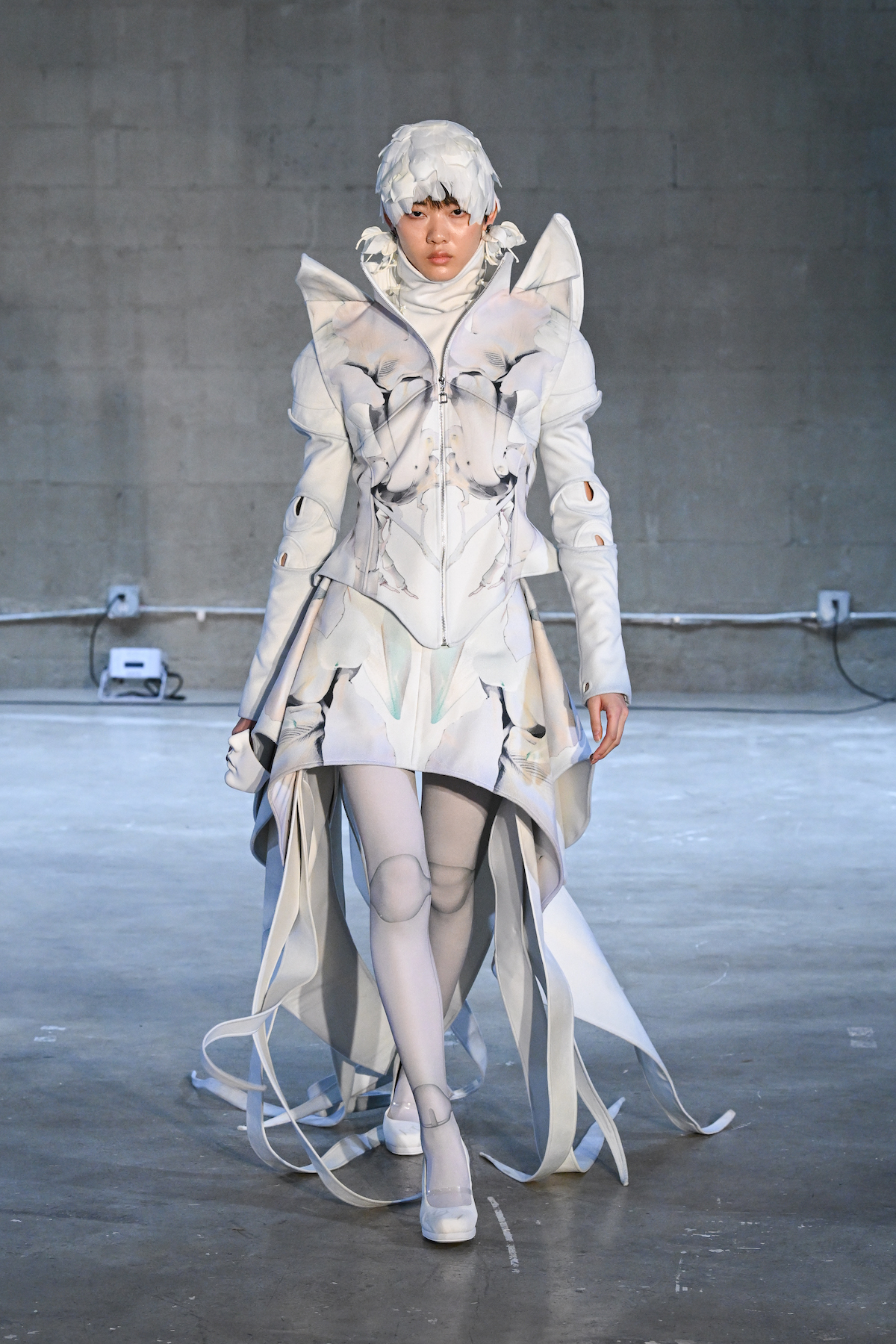
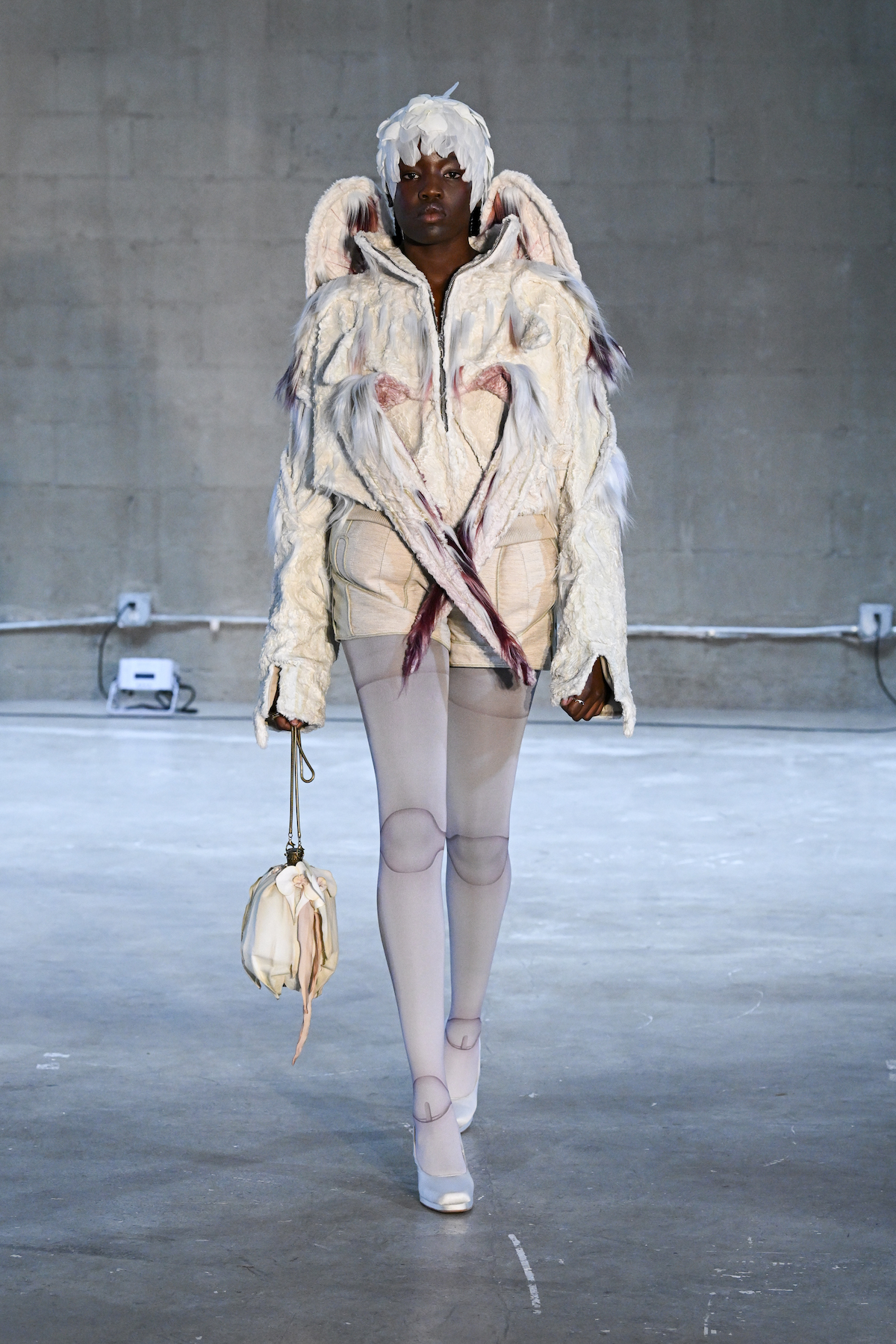
Ziqi Zen
Since childhood, Ziqi Zen has had an obsession with dolls and flowers. Named Symbiosis within my mental sanctuary, her final collection reflects the delicate figurines that populated her youth. She didn’t just want to incorporate their physical aspects into her designs, but also capture the time she spent with them. With a collection of over a hundred dolls and countless accessories, these objects have become a recurring visual motif in her life. They offer her an escape from reality, a retreat from the pressures of daily life.
The collection transforms its wearer into a symbiotic creature, with tights printed to mimic the appearance of ball-jointed dolls. Dainty patterns and prints are sculpted into structured dresses adorned with florals, embodying the fragile beauty of the designer's personal form of escapism.
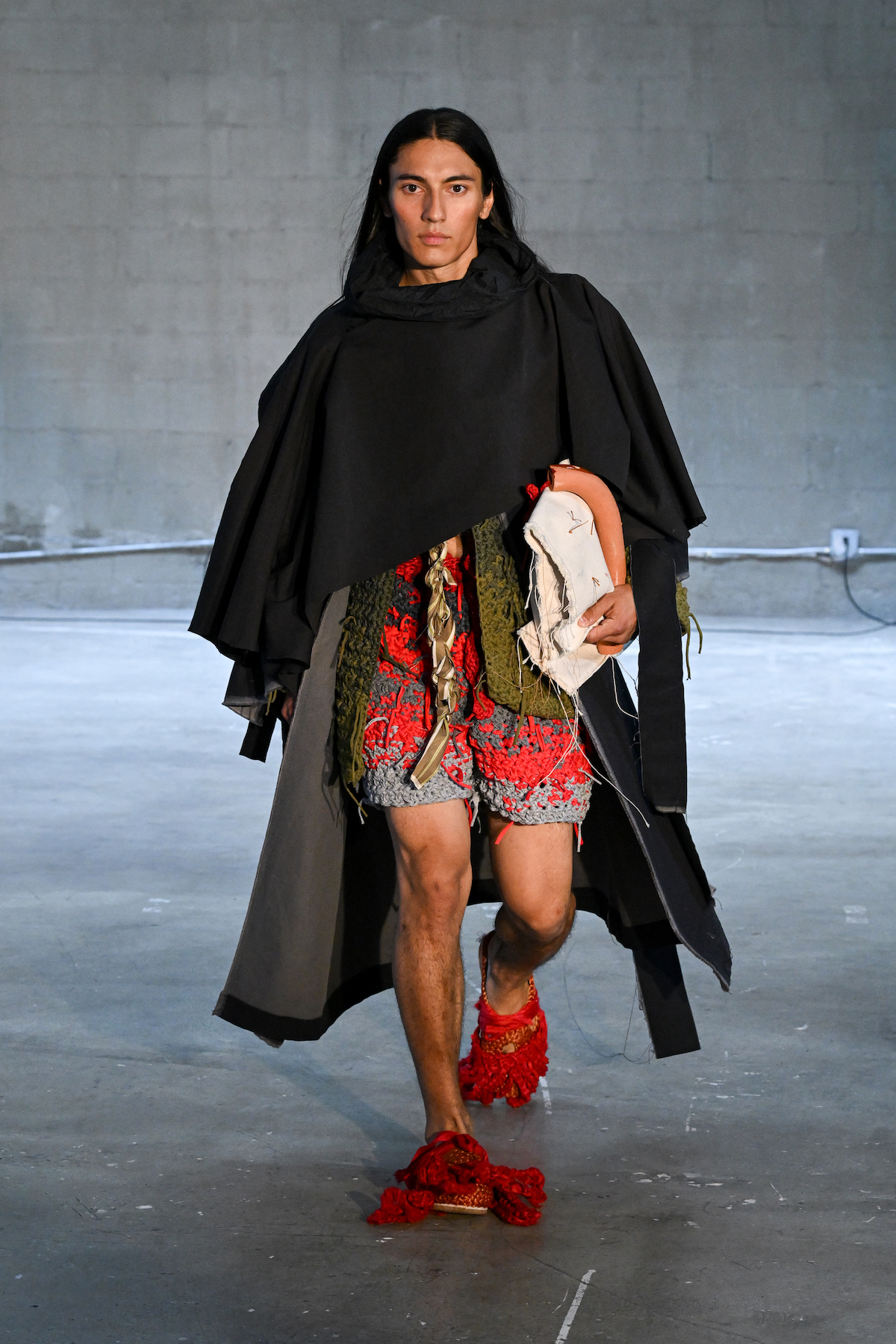
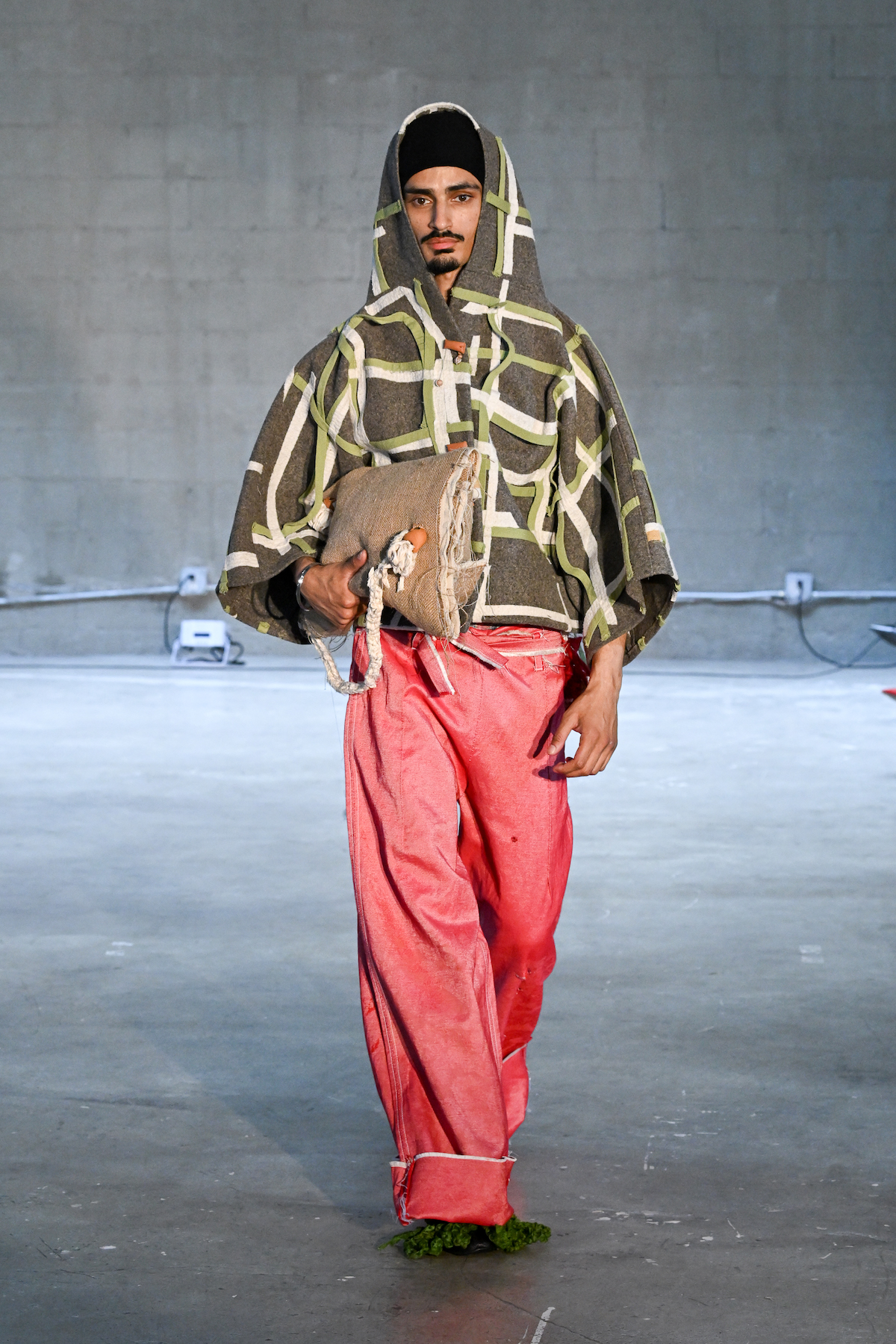
K. S. Tehara
Still working on a label name, K.S. Tehara wants to have a discussion about culture built upon survival. His MA collection, titled All these arid places, bridges his Indian and queer identities, finding a shared resilience in how both communities flourish in seemingly barren settings. Aesthetically, the collection draws inspiration from William S. Burroughs’ The Wild Boys, offering a playful take on gay strength through the likeness of Tehara’s own fragility.
The garments are crafted from upcycled sarees and t-shirts, with secondhand materials incorporated alongside 3D-printed wood accessories—pieces the designer says his boyfriend “hates him” for constantly helping him make. Each look comes in larger sizes and can be cinched or shriveled, allowing for augmentation based on the wearer’s body. Tehara also provides a pattern system for his single-material garments, encouraging them to be reproduced at-home, inviting modernity into traditional craft.
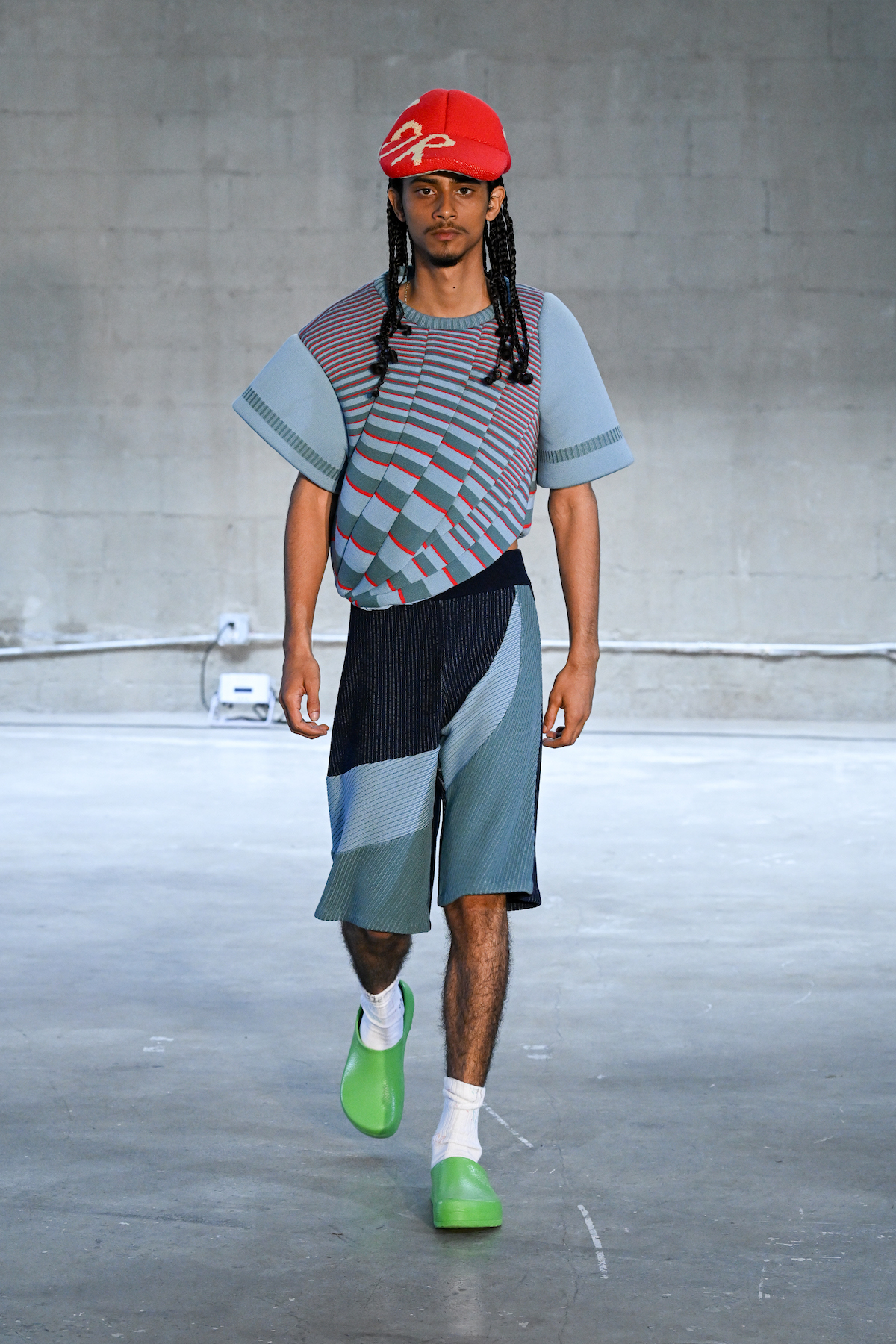
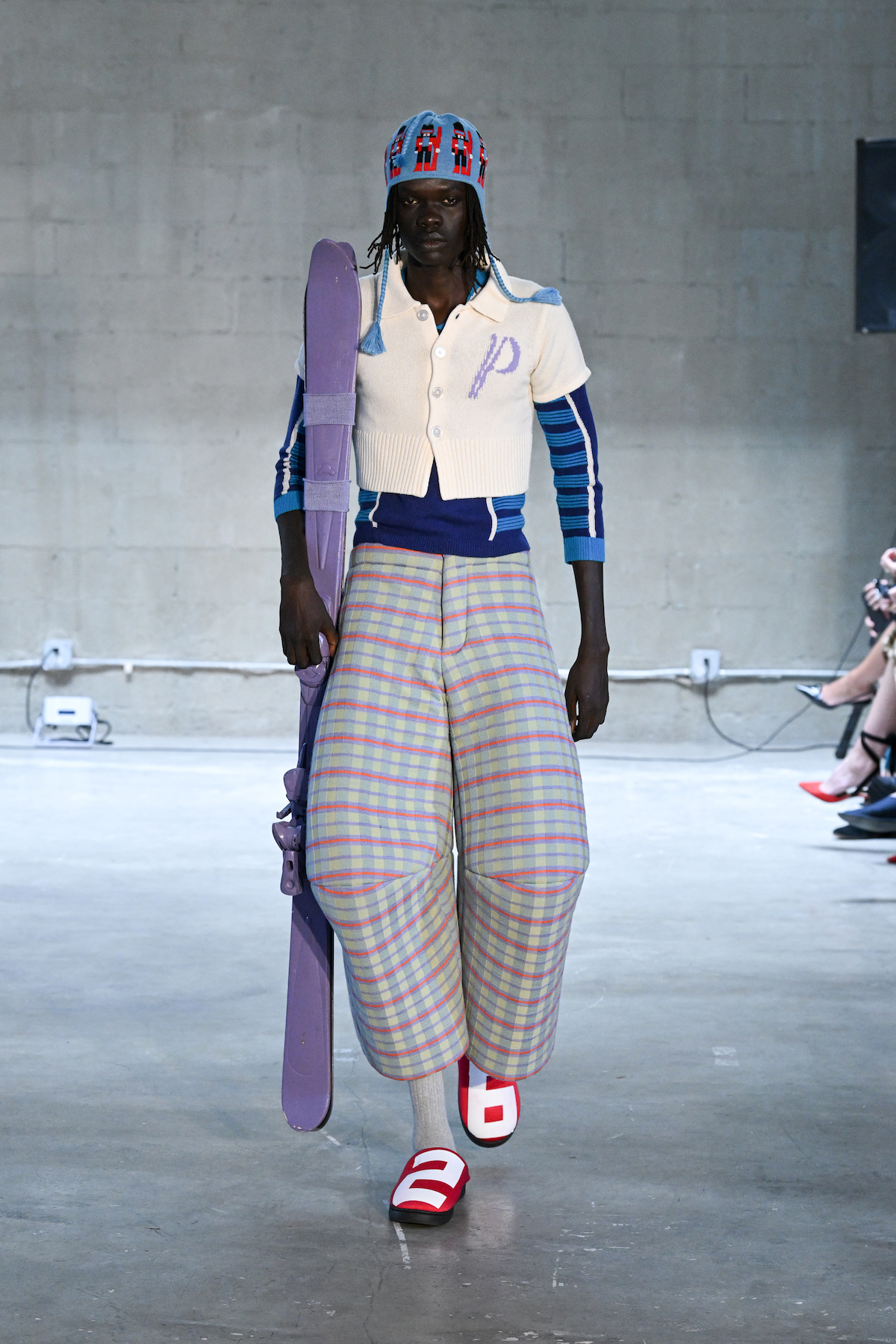
Patrick Taylor
Patrick Taylor channels the intensity and resilience of childhood sports. His collection blends the free-spirited playfulness of youth with the toughness that competition instills. The pieces explore how sports not only build community, but also shape individuals. Many of the silhouettes intentionally distort or contrast with the body, symbolizing the way growing up can "force you into a position." Some garments even reference specific stances from competitive skiing.
Drawing on memories of summers spent sailing along the English coast, Taylor reflects on family holidays, racing on the water. His goal was to create an all-knitwear collection, even developing a custom fabric that mimics neoprene, a material often worn by skiers, to give the garments their unique structure.
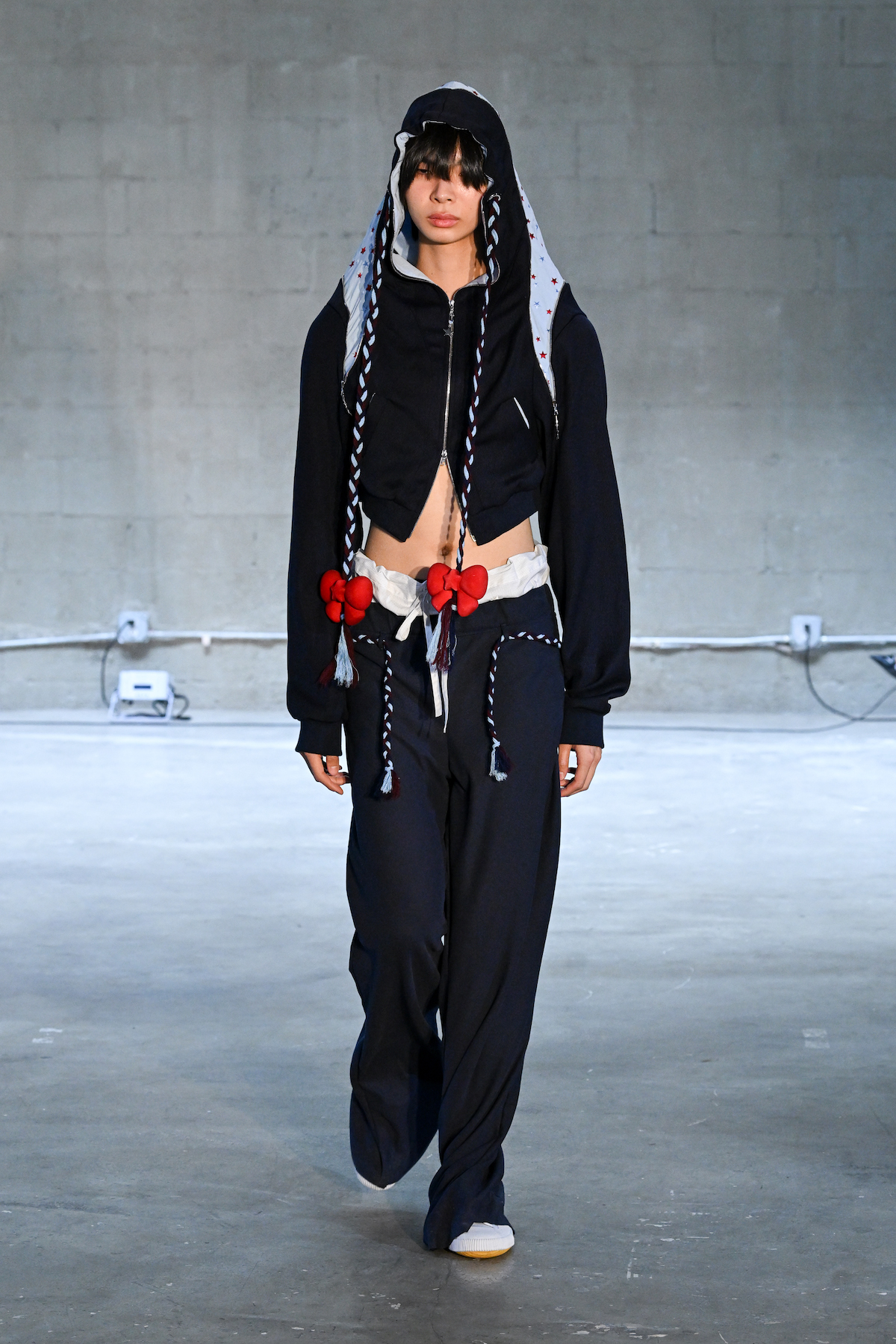
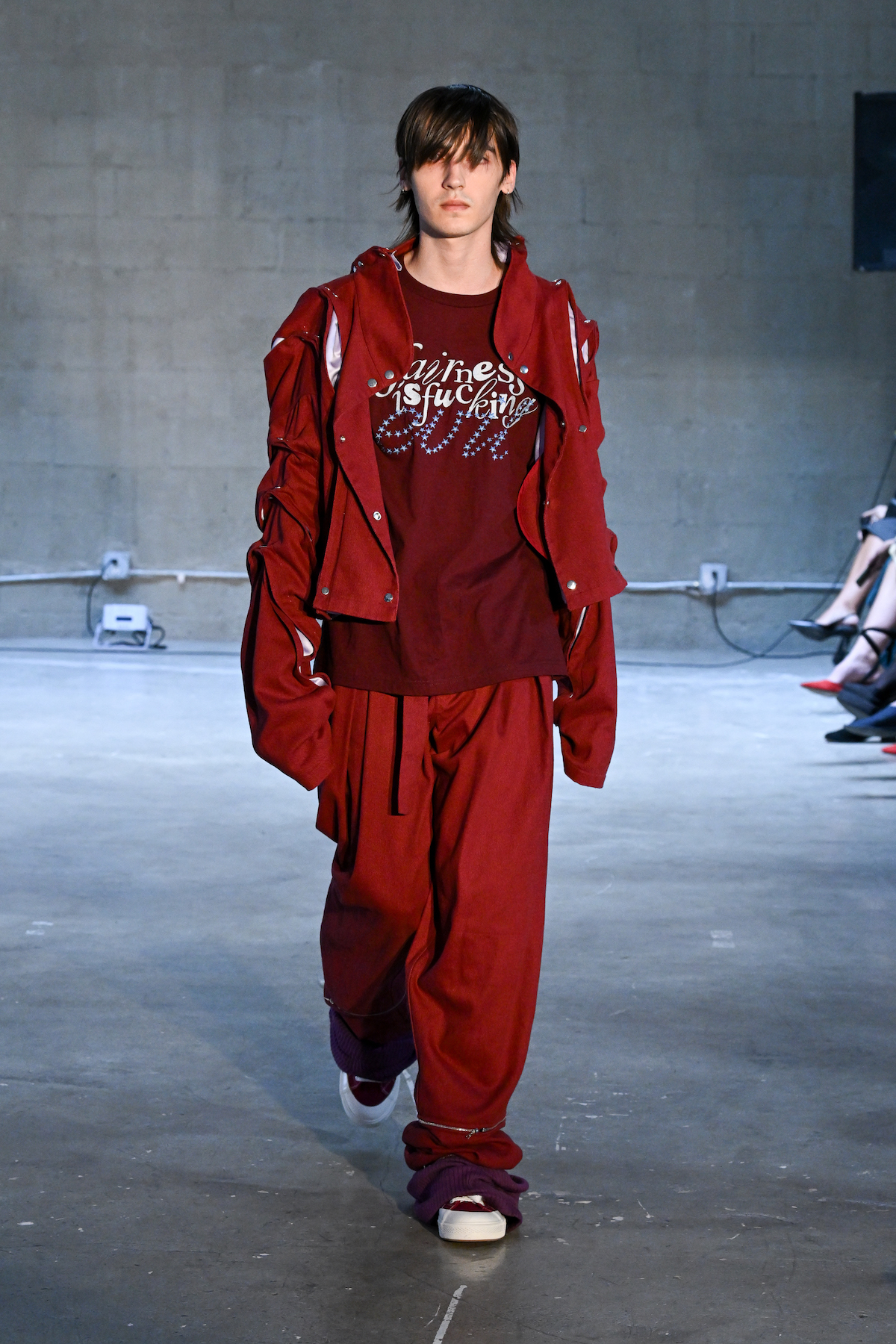
Mohan Li
Forget About Everything I Told You is the MA collection of menswear designer Mohan Lee. The inspiration for the garments began with a letter from her high school teacher in China, who gave each student a note upon graduation encouraging them to abandon the knowledge they’d been taught and instead absorb the world with fresh eyes. This message deeply resonated with Lee, prompting her to question the value of everything she'd learned and the necessity of knowledge as it is traditionally received.
Lee’s focus is on creating structured designs, and she uses her pieces to demonstrate her skills in pattern making. Her collection consists of five looks, most of which are inspired by school uniforms. To emphasize invariability, she uses a consistent color palette of rich reds and blues. All of the garments are highly wearable, which is the designer’s way of rebelling against the industry's tendency to favor designs that are impractical or unwearable.
Take a look backstage below.
